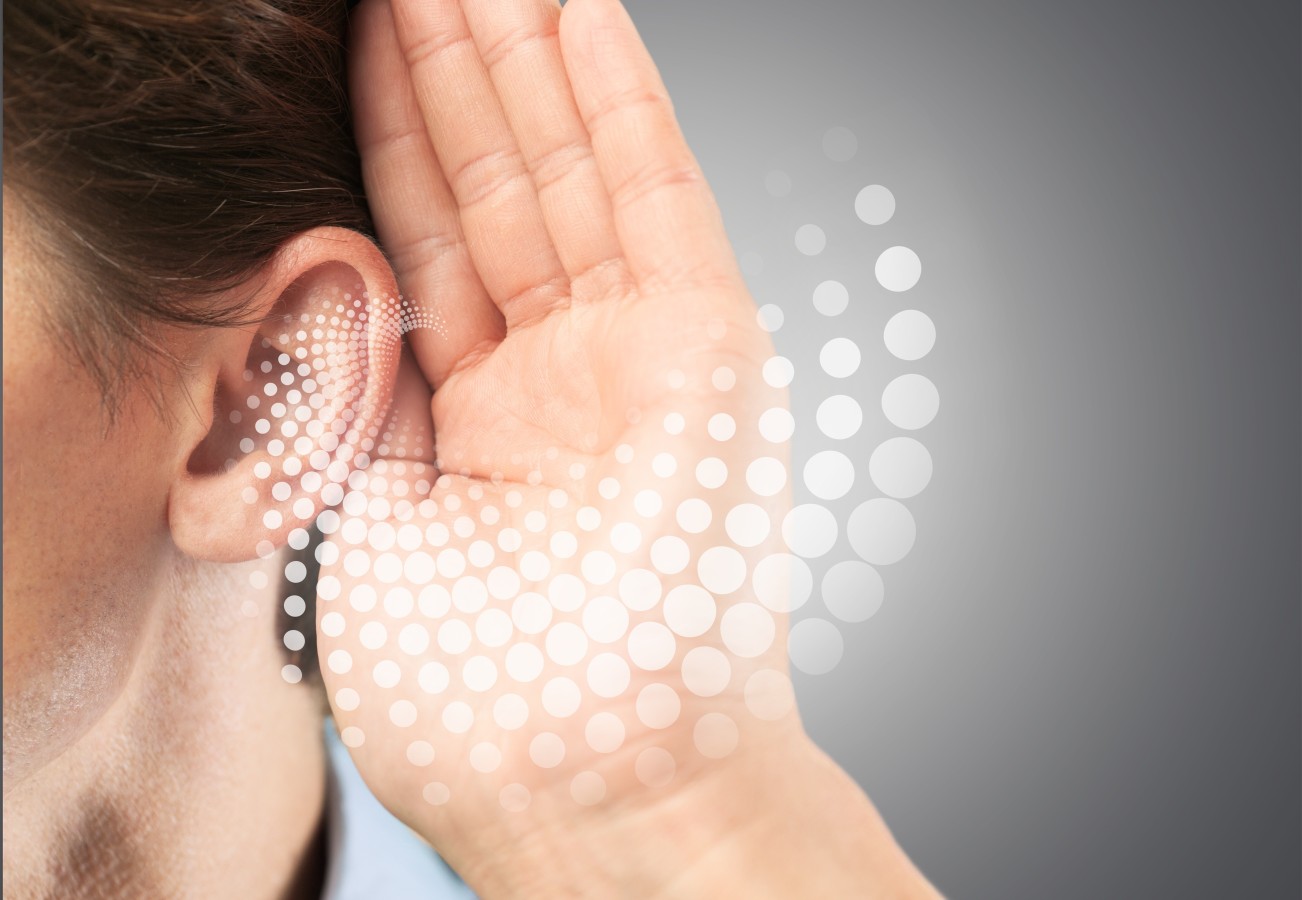Take these steps to protect your ears and avoid hearing loss
Effects of COVID-19 believed to have contributed to increased hearing loss

Is your hearing failing? Are your ears ringing?
If so, you are among an increasing number of Americans who suffer from hearing loss and resulting tinnitus, or ringing in the ears.
Read More »Some medical professionals believe that the long-term effects of COVID-19 as well as unsafe listening habits developed during the pandemic have served to make the problem even worse.
Hearing loss can be avoided
You also might be among almost half of Americans who believe that hearing loss is inevitable, according to a survey by The Harris Poll on behalf of the makers of dietary supplement Lipo-Flavonoid. You, too, might believe that the condition will worsen, and that you will need a hearing aid when you get older whatever you do.
Ear conditions such as hearing loss and tinnitus can have devastating effects on a person’s daily life, agrees Orin Brown, Marketing Lead for Lipo-Flavonoid.
The truth is, however, that you can avoid your hearing loss from becoming worse—or even starting—by taking action now, Brown adds.
The action ranges from dietary changes to simple steps that we can take to avoid damaging our hearing.
By taking such steps you can protect your ears in order to continue to enjoy music that you like and to listen comfortably to a loved one’s voice or even a peaceful silence, Brown adds.
Steps you can take
The most common cause of ringing in the ears is hearing loss caused by noise, according to the National Institute on Defense and Other Communication Disorders.
Here are some simple steps you can take to reduce the noise and thereby the chances that you will develop tinnitus or hearing loss. The steps will also help to prevent your hearing loss from becoming worse.
• Avoid using earbuds for more than an hour a day.
The noise from your earbuds is delivered directly into your ear. Normally when we listen to music or people talking the sound comes through the air before reaching our ears. That reduces some of the impact. No similar buffer exists when you use earbuds.
The World Health Organization suggests that you should not use earbuds for more than an hour a day. In the recent Lipo-Flavonoid survey, however, a third of all respondents—including a half of those aged 18-34—said they regularly use earbuds for more than an hour a day.
• Avoid turning up the volume on your earbuds to unsafe levels.
Numerous studies have shown that music through loudspeakers or sounds at high decibels can be severely damaging to our ears. Over time high sounds damage the tiny hair cells in your inner ear or cochlea that convert the sound waves to electrical impulses that are sent to your brain. The more the hair cells become damaged by excessively loud noise, the more your hearing ability is reduced.
People who spend many years working in factories or places where there are continual loud noises can end up almost deaf when they are older. You will want to avoid creating a similar situation with earbuds that are too loud pumping noise into your ears all day.
Surprisingly, a third of Americans say they do not care whether their earbud volume is higher than what is believed to be healthy. That number jumps to half of those aged 18-34.
• Wear ear protection when you are in places where there are loud noises.
The World Health Organization recommends a safe daily level of volume to be below 85 decibels. Clearly in most places you will not be able to measure the sound level. A reasonable approach is to err on the side of believing that the sound is too high when you sense that it is or that your ears start to hurt.
It is not hard to tell, for example, when the levels of the music at a rock concert are way too high.
The survey showed that only two in every 10 Americans take precautions, such as wearing ear plugs, to protect their hearing when exposed to loud noises.
• Have your hearing checked regularly.
By having your hearing checked you will gain an indication of whether you are causing harm to your ears. That information will help you to monitor your hearing more closely if necessary.
Eight in every 10 Americans fail to have their hearing checked annually, the survey found. The percentage drops slightly to 77% among those aged 35 to 44.





